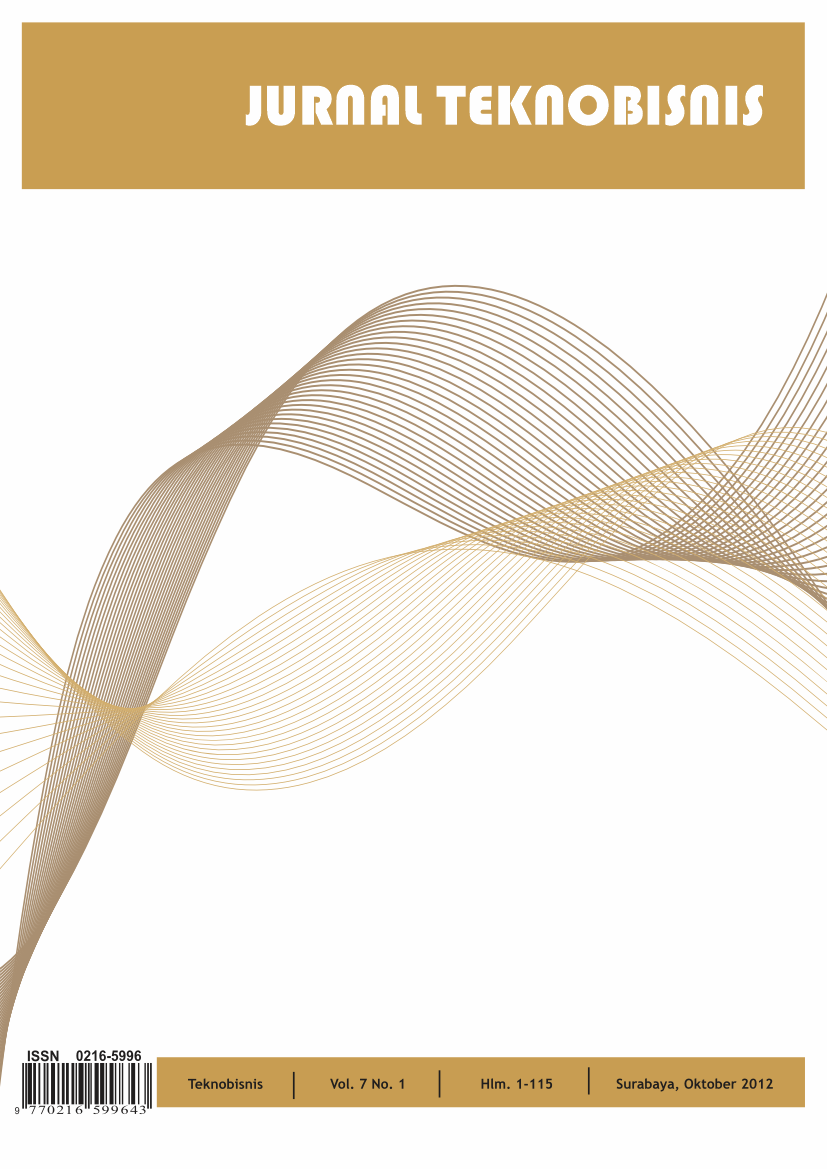Prediction PCC Cement Compressive Strength Based on Chemical Compounds and Physical Properties with Machine Learning Techniques
DOI:
https://doi.org/10.12962/j24609463.v9i2.1873Keywords:
Cement, Compressive Strength, Linear Regression, Random Forest, Neural NetworkAbstract
Indonesia has a mission to become a developed country by 2045. To achieve this mission, the government is aggressively carrying out equitable development through infrastructure development. Cement is one of the important components in infrastructure development. Compressive strength is one of the quality requirements that must be met by cement products. Compressive strength testing in industry using laboratory equipment takes a long time of up to 28 days for the entire set of test results to be completed. Data collection was taken at PT XYZ with a duration of 5 years. Data was taken from laboratory tests and operational data. In this study, machine learning algorithms used is linear regression, random forest, and neural networks. The modeling of the system obtained is expected to be able to predict the compressive strength of cement aged 3 days, 7 days, and 28 days so that the quality of the cement produced can be estimated quickly and does not take a long time. In addition, it is expected to know chemical compounds and physical properties that can affect the compressive strength of cement. The final result is the decision-making if the parameter changes can be mitigated quickly.
Downloads
Downloads
Published
Issue
Section
License
Copyright (c) 2024 Aswamedhika, Bagus Jati Santoso

This work is licensed under a Creative Commons Attribution-ShareAlike 4.0 International License.
Copyright Transfer







